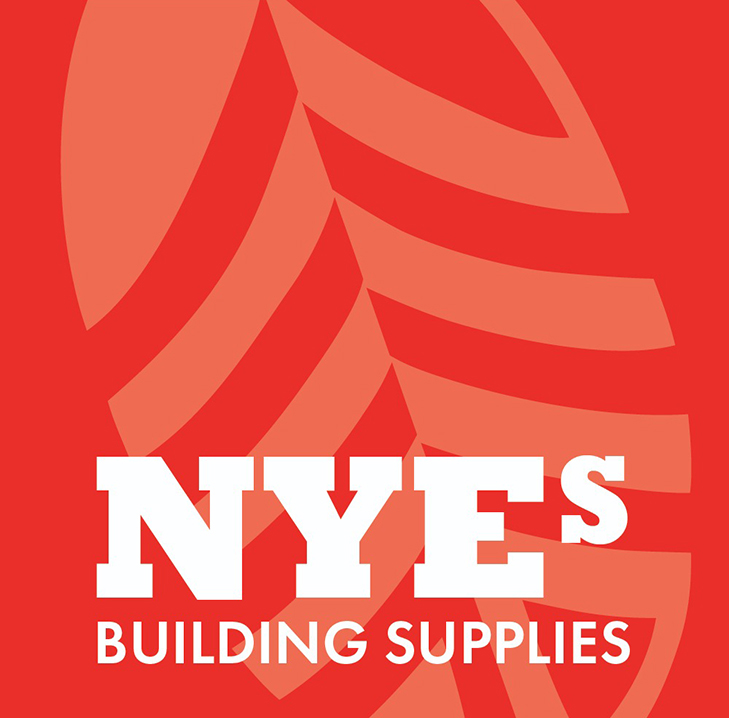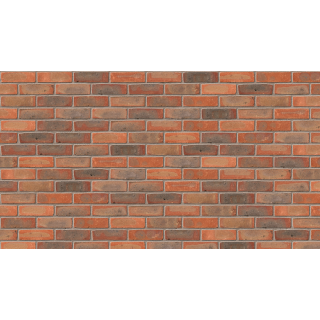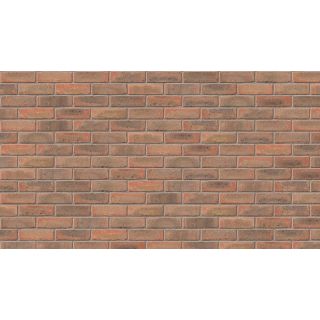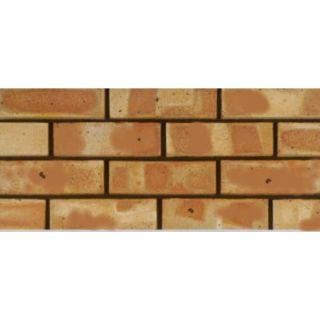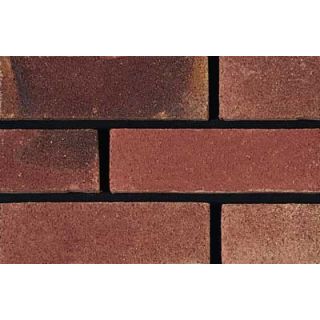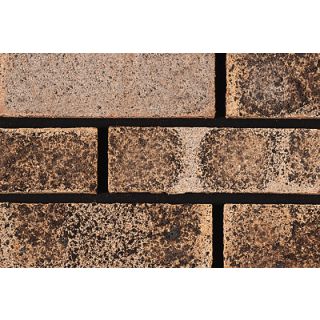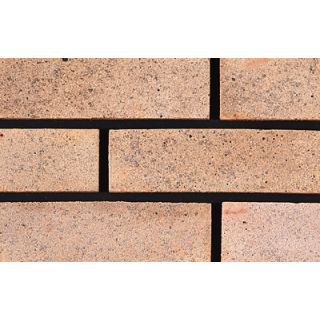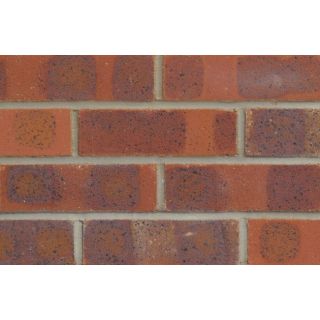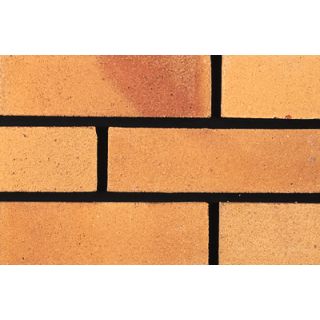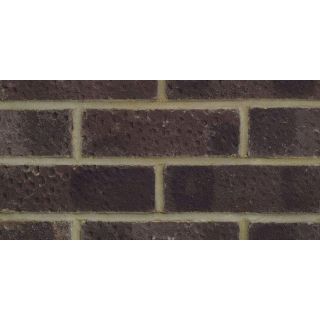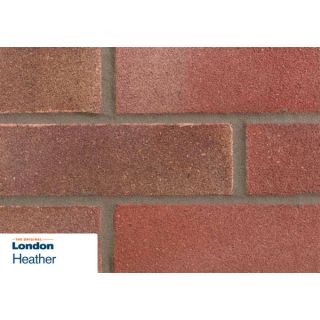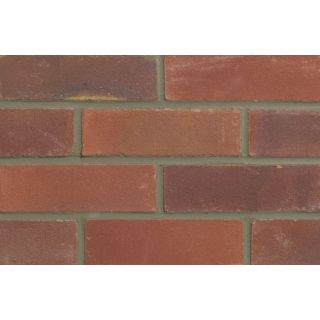- Building Materials
- Gardens and Driveways
- Back
- View all Gardens and Driveways
- Artificial Grass & Panels
- Commercial Paving
- Decking and Sleepers
- Decorative Aggregates
- Driveway Block Paving
- Fencing
- Gardening Essentials
- Garden Paving
- Garden Walling
- Kerbs and Edging
- Landscaping Drainage
- Landscaping Fabrics
- Setts and Stones
- Soil, Bark and Compost
- Timber
- Insulation
- Nails, Screws, Fixings & Adhesives
- Powertools and Accessories
- Hand Tools and Workwear
- Back
- View all Hand Tools and Workwear
- Buckets & Trays
- Footwear
- Handtools
- Back
- View all Handtools
- Bolsters and Chisels
- Brushes, Brooms and Stays
- Carpenters Tools
- Drain Cleaning
- Garden & Car Equipment
- Hammers, Mallets, Axes and Wrecking Bars
- Knives, Blades, Saws & Sharpening Tools
- Measuring and Levels
- Miscellaneous
- OX Tools
- Pliers, Croppers and Wrenches
- Screwdrivers, Spanners & Socket Sets
- Shovels, Spades and Digging Equipment
- Staplers, Brad Guns & Accessories
- Tile Tools
- Torches
- Trowels, Hawks and Floats
- Organisers
- PPE - Personal Protection Equipment
- Rope and Tying Equipment
- Site Equipment
- Tarpaulins
- Wheelbarrows
- Workwear
- Decorating
- Lighting and Electrical
- Plumbing & Heating
- Back
- View all Plumbing & Heating
- Bathrooms
- Boilers & Accessories
- Commercial Heating Fittings
- Hand Tools & Trade Essentials
- Heating Controls & Alarms
- Immersions & Storage Tanks
- Plastic, Copper & Brass Fittings
- Back
- View all Plastic, Copper & Brass Fittings
- Pressfit Fittings
- Brass Fittings
- Check Valves
- Compression Fittings
- Copper & Brassware
- Copper Tube
- Endfeed Fittings
- Fire Valve
- Flexible Tap Connector
- Flues
- Gas Fittings
- Gate Valve
- Immersion
- Insulation
- Valves
- Lever Valves
- Pipe Clips & Accessories
- Solder
- Stop Cock
- Toilet Spares
- Washing Machine Spares
- Wastes
- PLUMBING CLEARANCE
- Plumbing - Pre Packs
- Polyplumb Systems
- Radiators & Accessories
- Showers & Accessories
- Soil & Waste
- Taps & Mixers
- Underfloor Heating
- Water Treatment
- ESSENTIALS
At Nyes we stock a wide range of bricks including Ibstock, Michelmersh, Wienerberger and London Brick Company. We are always happy to help out with brick matching and estimating quantities, just give us a call.
We understand that when planning an extension or a new build you need the right brick to suit the job. This is why we also hold huge stocks of the bricks we sell to make sure when you start a job you’ll have enough to finish.
Our guide to bricks
Machine-made bricks
While bricks have been around for centuries, the process of making them with machines has only been common for the last hundred or so years. There are a few different manufacturing processes, each producing a slightly different type of brick.
Wire-cut bricks are extruded from a column of clay, which produces a brick with a smooth finish. Stock bricks are shaped in sand-coated moulds which leave a textured finish, and waterstruck bricks are similar but don’t include sand, resulting in a smoother face.
In general, wire-cut bricks should be the cheapest of the three, and make the most sense when ordering in large quantities.
Handmade bricks
Although handmade bricks are roughly four times the cost of machine-made ones, they allow customers to tailor their appearance to suit individual needs. If you’ve got the budget and you’re looking for an irregular size of brick or a particular colour or texture that you can’t find on the shelf, handmade bricks provide a good solution.
Reclaimed bricks
Every year, around 40 million bricks are reclaimed from old buildings to be sold again, but this only accounts for 1% of annual brick sales, which gives you an idea of how many are produced each year!
There are a number of reclamation yards around the country that stock previously used bricks, although you will probably need to be content with a more limited choice than if you buy new.
However, if you have the budget to pay 50p or more per brick then your choice will immediately widen.
Second-hand bricks can be a good way to save money, but depending on the size and specifications of the project you might find it difficult to get your hands on enough to complete the job.
Specials
This refers to bricks that don’t fit the standard shape, and are often used for details such as cills and wall cappings. Though some common sizes are more readily available, generally they need to be made to order which involves waiting times and higher prices than standard bricks.
Another option is to use a brick-bonding service. These make bricks to size by cutting and gluing standard bricks together, which is not just faster, it’s also cheaper. Ideal for projects that use second-hand bricks.
See our range of brick specials here.
Technical ratings of bricks
There are two technical specifications for bricks that it’s important to know. The first is frost rating, which relates to the brick’s resistance to frost, and includes three categories: F (high), M (medium), and O (poor).
A brick with poor frost resistance is particularly vulnerable to spalling, where the face begins to crumble. Considering our delightful English weather, we’d never advise using O-rated bricks in situations where they will be exposed to the elements, but neither should you need to use F-rated bricks, unless the building is in a severe frost area such as the Lake District. M-rated bricks should be acceptable for the great majority of applications other than exposed areas such as chimneys.
The other brick specification is salt rating, which is divided into two categories, L (low) and N (normal). This isn’t as critical as frost rating, but if you’re building in very wet areas then it’s best to avoid N-rated bricks as these require sulphate-resistant cement.
Here at NYEs, we offer a custom matching service to help you find the right brick for your project. Just bring us a sample or request a visit to your site and our very own brick detective, Duncan Tidy, will hit the bricks in search of your ideal match.
To provide customers with matching bricks for future extensions, we also over-order when supplying local housing developments. And if we don’t carry the type of brick you need, we’ll use our network of contacts to try to meet your requirements.
